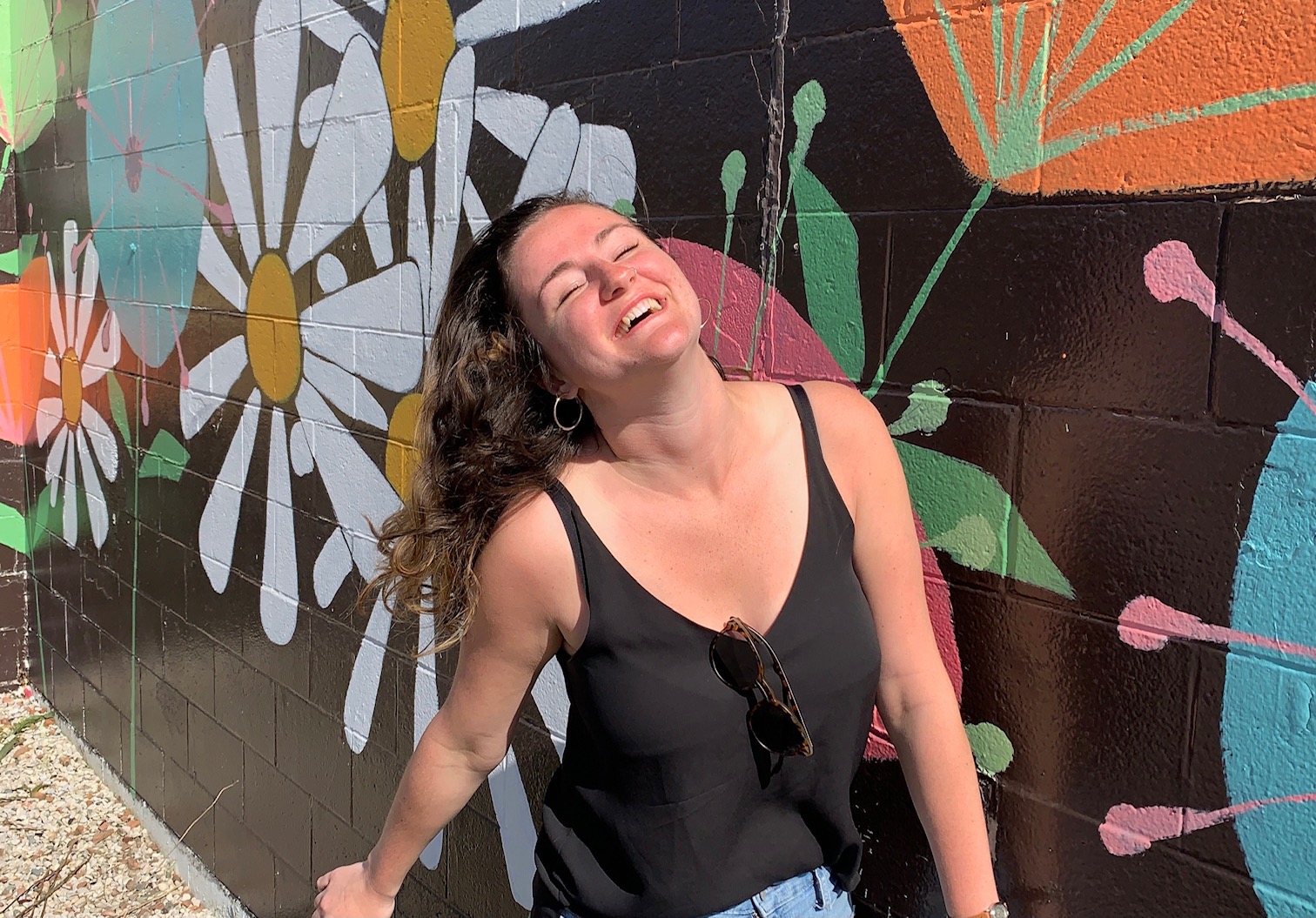Well, I don’t know about all of you, but I have not done much over the past year. As I tried to think of what to write about this month, I fell into frustration with seemingly nothing relevant or interesting to reflect on. This past year of my life has been a blur of movie-nights, ordering-in and lying in bed watching endless TikToks. I have not been one of those quarantine go-getters that has picked up a new skill or remodelled a house. I have just been chilling, for what feels like forever.
So with the Willowjak value of authenticity in mind, I thought I would reflect on a year of nothing and try to find some wisdom or clarity about this nothingness, if there is any.
As a natural procrastinator I have found it very hard to get anything “done” over the pandemic. I need time pressure and deadlines to get moving and this year time has seemed endless offering me limited motivation.
When I am aiming to finish a book or write a Willowjak Blog, it is hard to start because I have never learned to really manage my own time or priorities. I realized that in my life up until this point, I have had deadlines and limited time to do everything, therefore forcing me to manage time and prioritize a to-do-list within a full work-life, school-life and social-life. I always seemed to searching for more time amongst the pre-pandemic busyness, so now that I have this time why not spend it doing a little bit of nothing. In a world centred around productivity, deadlines, due dates, appointments and busyness, maybe in our now third lockdown, I can try to smell the roses of sweet nothing that fills my life and just rest.
I know nothingness can get old but if you truly think about what you have learned about yourself from this emptiness, wisdom may emerge. In my days of nothing I have learned that I need to go outside everyday, at least once. I have learned at some point I do get sick of watching T.V. and need to read a book (don’t tell my mom or 8 year old Amy). I have learned that I like taking care of plants and having a simple purpose of watering a living thing once or twice a week. I have learned to non-judgmentally allow myself treats like wine and takeout because they bring me joy. I have learned to not overdo the I-deserve-it-treats because then my body does not feel well. I have learned that sleep is valuable and I feel so much better when I have a consistent sleep schedule. I have learned that there is no point in forcing myself to do things I think I should be doing but I do naturally have my own needs and values that can be cared for in a healthy way. So when this is all over and everyone is entering their sourdough in competitions, I will have nothing to enter, but I know more about myself and what I need to be happy and healthy, all on my own. These pieces of understanding were never accessible to me as I rushed through an over-flowing life but in the nothingness, they become clear, doable and worthwhile. So I guess what I’m trying to say is maybe we miss being busy because we think we need to be busy to be happy and successful, but is being busy really that good for us? On some days yes, so please, miss your full day-planner when you need to, but someday I challenge you to live your life in its natural rhythm, serving the ebbs and flows of what you need and what is good for you.
Shouldn’t we always eat when we are hungry, cry when we are sad, sleep when we are tired and water our plants when the soil gets a little dry? We have the time to just be, with no expectations and plenty of time, so free yourself from missing the busyness, it will come back, and take this time to rest and notice how you do nothing best.
Amy is a fresh grad with a degree in Therapeutic Recreation. University does not come naturally to a person with a learning disability, making Amy uniquely proud of her undergraduate accomplishments. Amy is working to be more open about her disability and strives to view her learning challenges as an opportunity for growth in resilience and creativity.
She has worked with rehab patients, people with disabilities, veterans and mental health clients searching for more equitable access to community recreation. She believes wholeheartedly in the therapeutic benefit of doing what you love, as often as you can.

+ show Comments
- Hide Comments